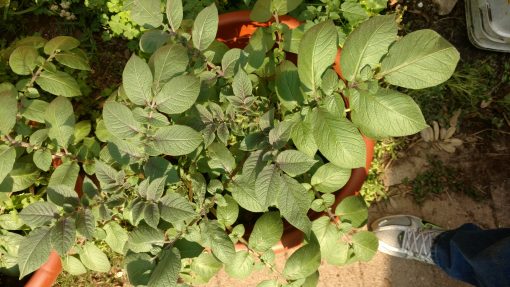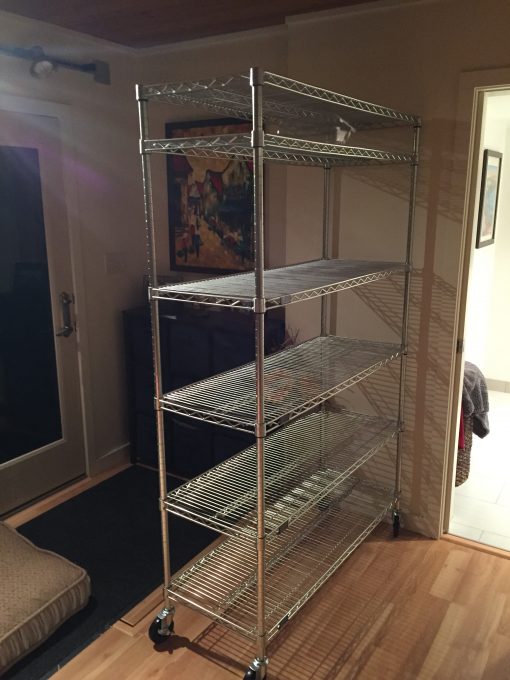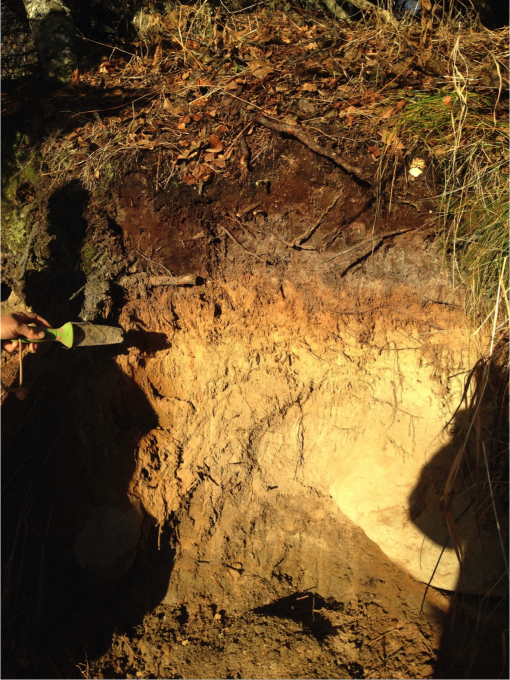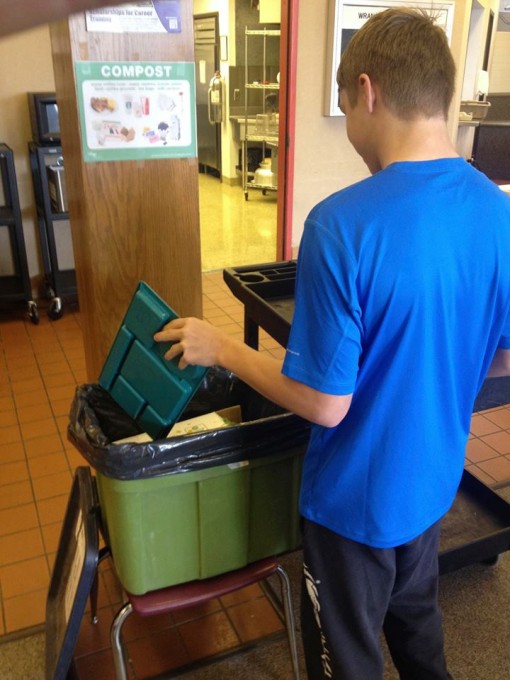
Getting Started On The Right Foot Spring is here! And soon it’ll be time to get growing! And perhaps, like me, you have already set out some plants. But wait! Have you carefully considered some important facts which could make the difference between gardening success or failure? The truth is that every year many gardeners fail, because they just didn’t get started on the right foot to begin with by choosing wisely where to pick a spot to garden. Yes, location is very important. Let’s discuss some basic but essential Read More …


